If your FICO credit score is under 670, you’ll want to check out these tips for improvement. A higher score can help you finance big purchases and can even save you money. Here’s how.
Is Your Credit Score Holding You Back?
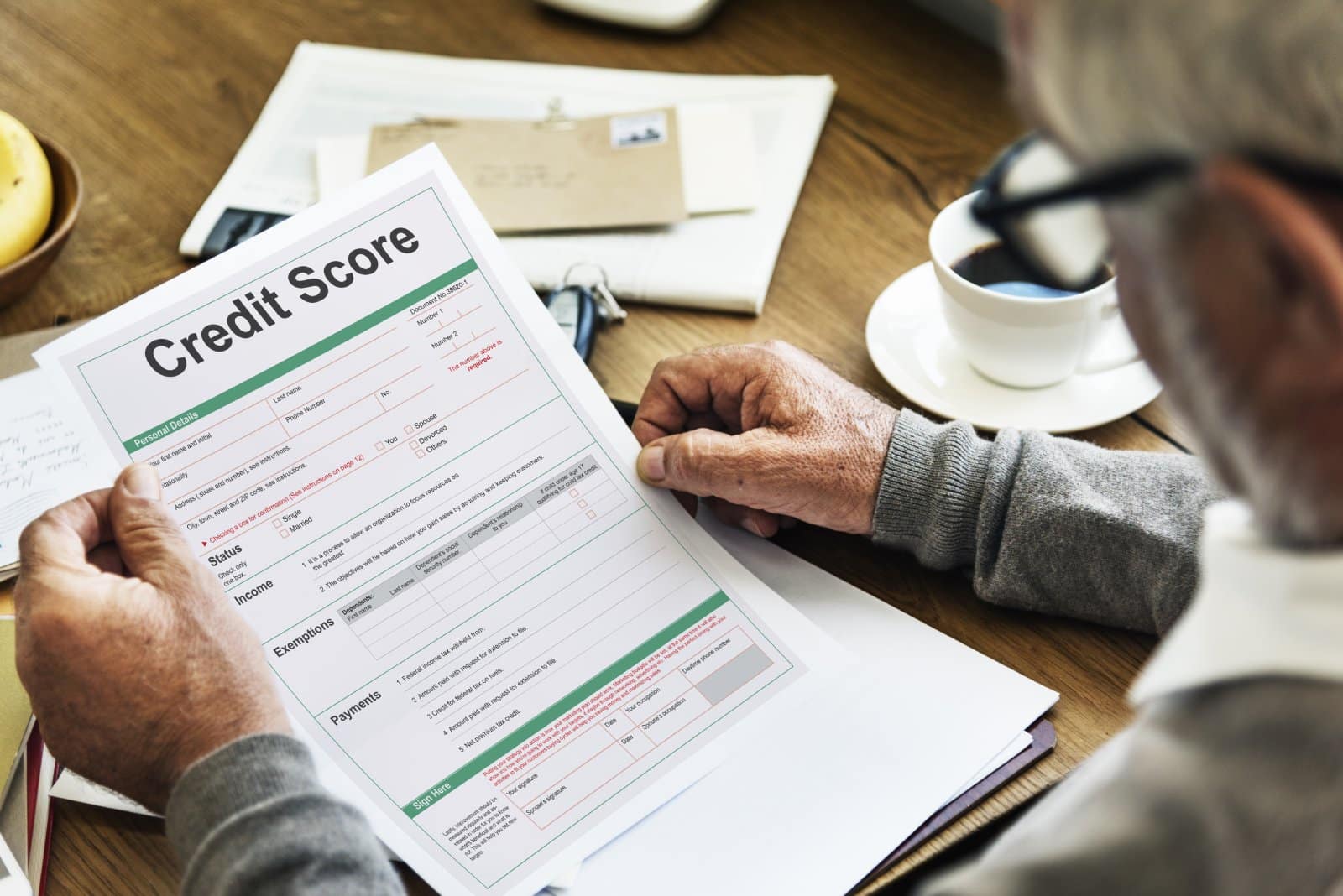
Are you considering a big investment in 2024 like a new car or house? Are you planning to move to a new rental or switch insurance providers? Your credit score might be holding you back.
What is a Credit Score?
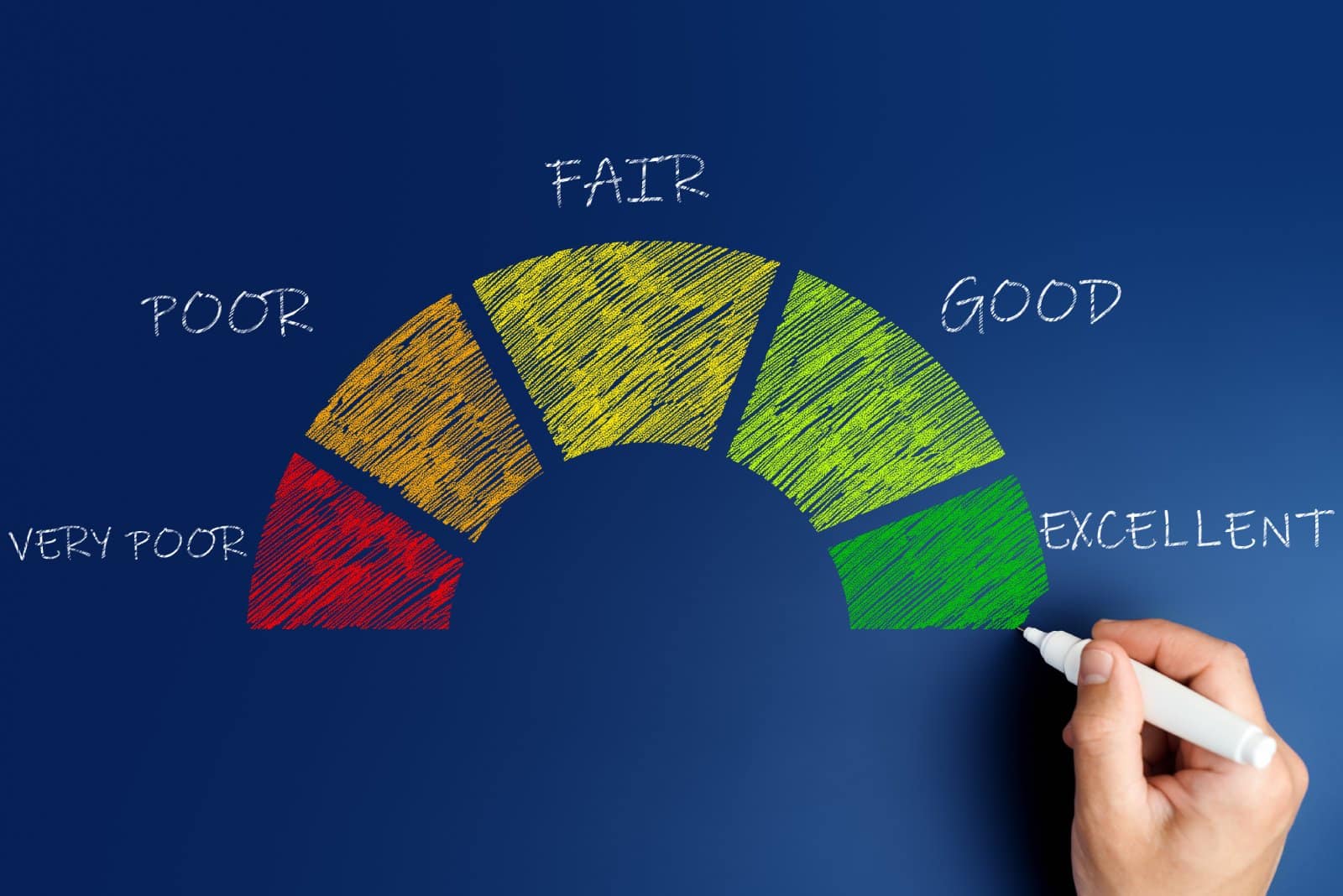
Your credit score is just a number, but it tells a big story: the story of your financial health. Credit scores tell potential lenders how trustworthy you are when it comes to paying back your debts.
Who Cares About My Score?

That’s why banks, landlords, utility companies, and insurance providers all look to your score to decide if they can help you.
How Do I Know If My Score Is Good?
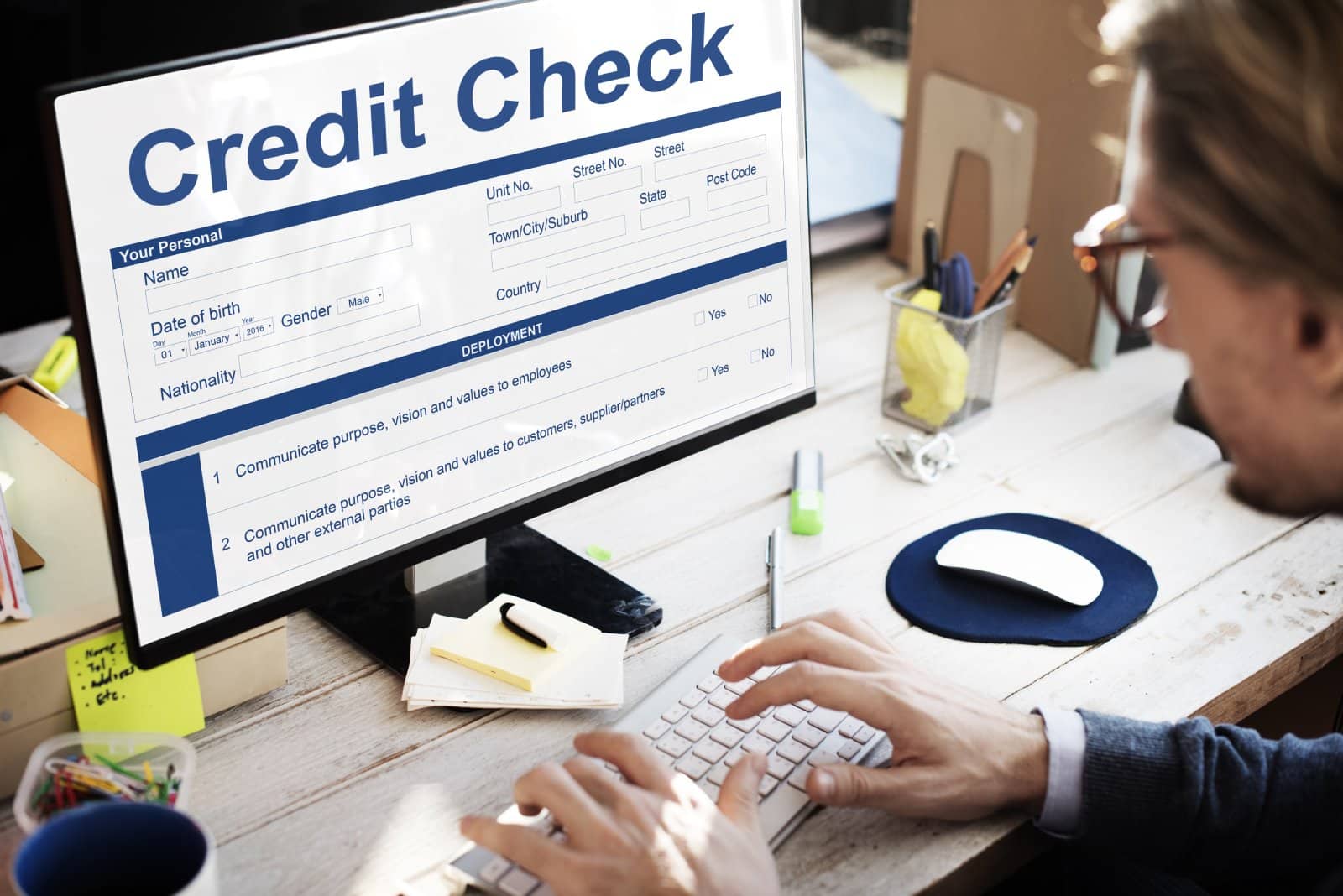
So what happens if your score is lower than you’d like it to be? The major credit bureaus (Equifax, Experian, and TransUnion) all have slightly different scoring models, so they each consider a different number to be “good.”
Looking At the Bureaus
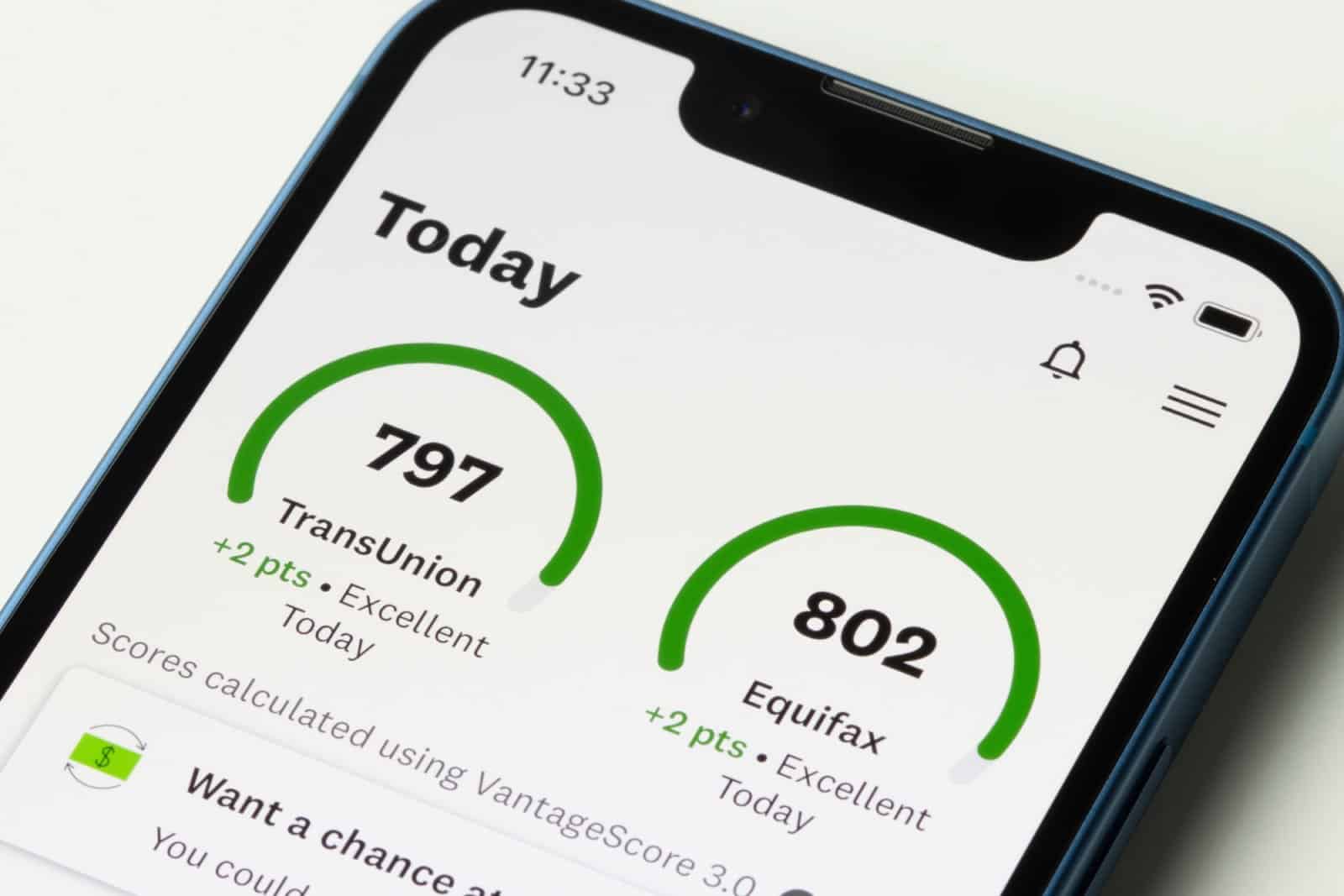
TransUnion looks at credit scores over 720 as good. Experian’s model rates a 700 score as good, and Equifax says 670 should be your target for good credit.
Raising Your Credit Score
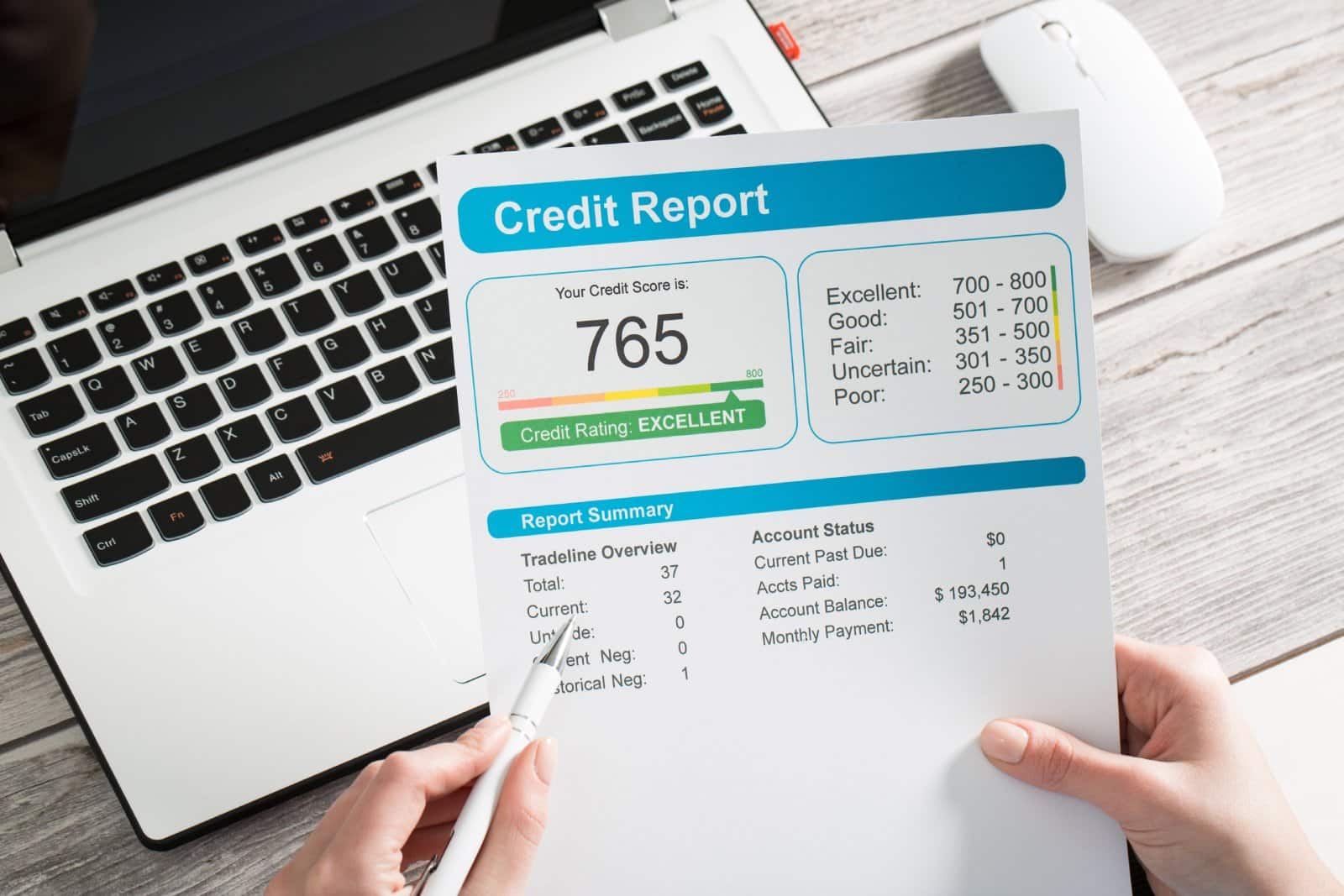
If your score isn’t quite in those ranges, there’s hope for bringing it up. It may take some elbow grease, but good credit is in reach. There are several steps you can take to improve your score.
Number One: Never, Ever Miss a Payment

Setting up automatic payment withdrawals on all of your accounts is a great idea to help you avoid missing any due dates. Even just one late payment can cause your credit score to take a hit.
Don’t Be Afraid to Ask for Help

If you’re worried about possibly missing a payment on an account, contact the bank or lender first. They may be able to work with you on a plan to avoid harming your credit.
Number Two: Reduce Credit Card Balances
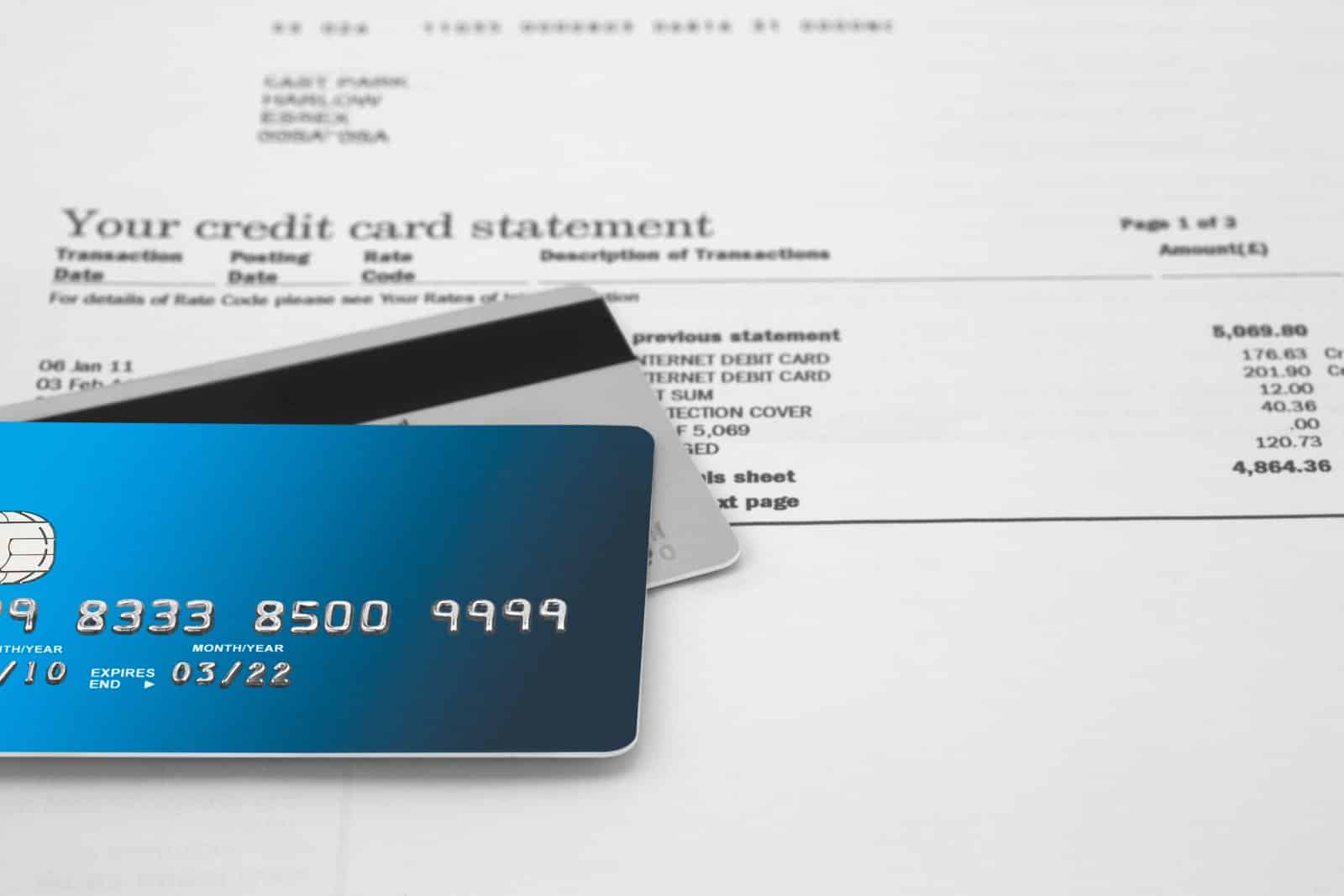
Credit usage is a big factor in your score, and maxed out credit cards can hurt you. Try to reduce your overall balances to about 30% or less of your credit limits. Lenders want to see that you know how to responsibly use the credit that they issue you.
Pay Down Debt In the Way that Works for You

Paying down balances can be difficult when you’re in a tight spot financially. Some people attack balances by starting with the account that carries the highest interest rate.
Others use a method that starts with the lowest balance and goes up from there. Whichever works best for you, keep at it as much as you can.
Number Three: Take Care of Collections

You might have an old medical bill that you forgot about that was sent to collections a few years ago. Or maybe you fell on hard times and weren’t able to make your credit card payments for a while.
Reach Out to Make a Deal

If you have debt in collections, contact the collection agencies to find out what steps you need to take in order to get those cleared. You may be able to pay them off in full or even settle for a smaller amount in order to get the collections removed from your report.
Number Four: Apply for a Secured Credit Card

Did you know that some banks will issue a credit card to you even if you don’t already have good credit? These are known as secured credit cards, and they typically require that you put down a cash deposit in the amount of the requested credit limit.
How Secured Cards Work

The deposit acts as insurance for the bank in case you don’t pay back your balance. But if you use them responsibly, these cards are a great way to build your credit score. Each month that you make on-time payments, the credit card holder will report to the bureaus, giving your score a boost.
Number Five: Live Within Your Means

Keep in mind that your credit card limit is not free money. Anything you charge to your credit card needs to be paid off – and soon – to avoid carrying large balances that could hurt your score.
Sticking to a Budget

It’s a great idea to use your credit card for things you’re already going to buy, such as groceries and gasoline. Then you can use the money you budgeted already for those things to pay off your credit card on time each month.
On the Right Track
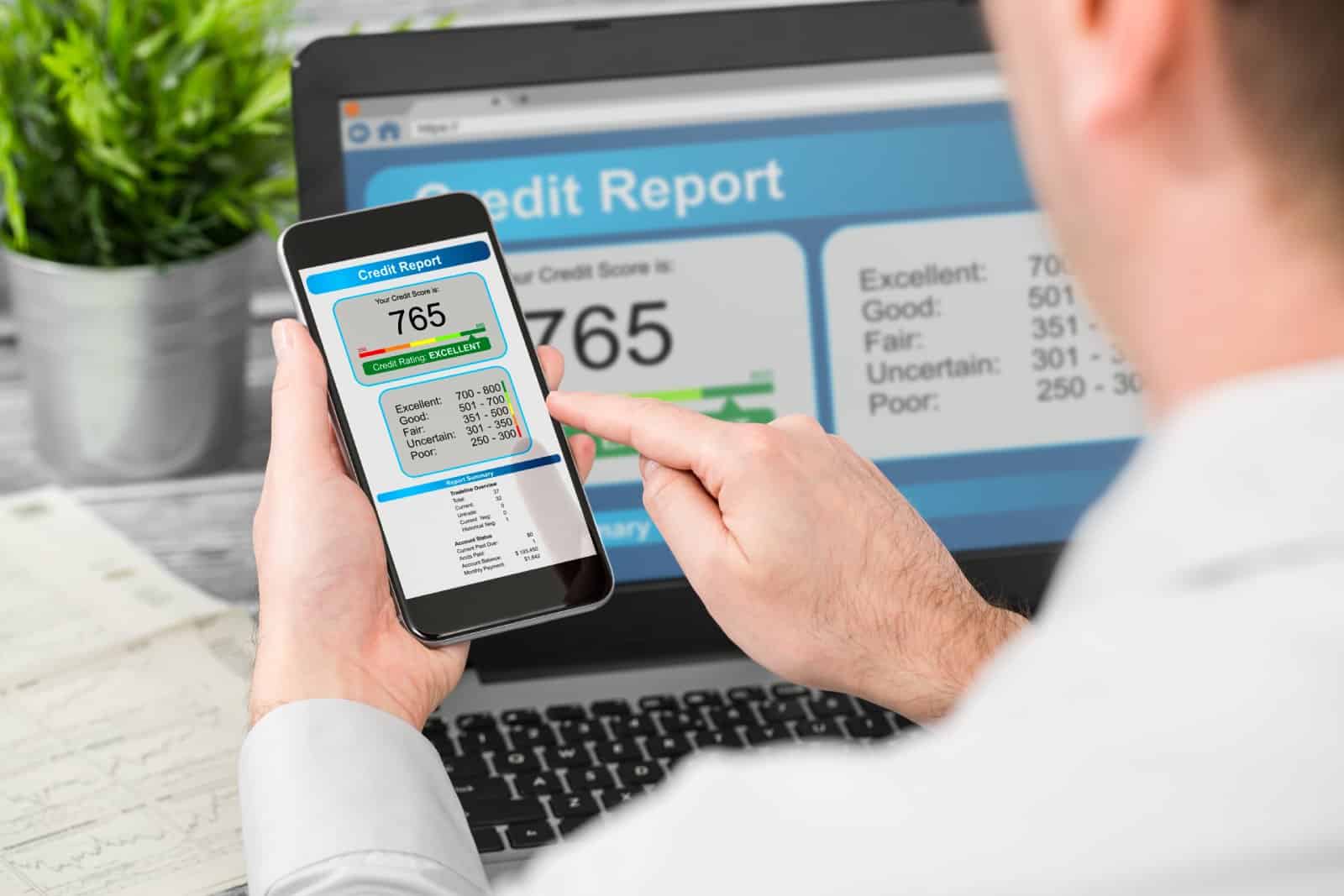
The fact that you’ve taken the time to review your credit standing is a great first step. Looking at all the different ways you can tackle the problem will help you find the solution that works for you.
Good Things Take Time

When it comes to improving your credit, slow and steady wins the race. Don’t get discouraged if it takes some time to bring your score up.
Making Smart Choices

It can be tempting to treat yourself to things you can’t afford when you have a credit card with a high limit. But don’t forget this rule of thumb: if you can’t afford to pay cash for it, you can’t afford it at all.
The post Boosting Your Credit Score from Low to Go: 5 Effective Strategies first appeared on Liberty & Wealth.
Featured Image Credit: Shutterstock / ViDI Studio.
The content of this article is for informational purposes only and does not constitute or replace professional financial advice.

